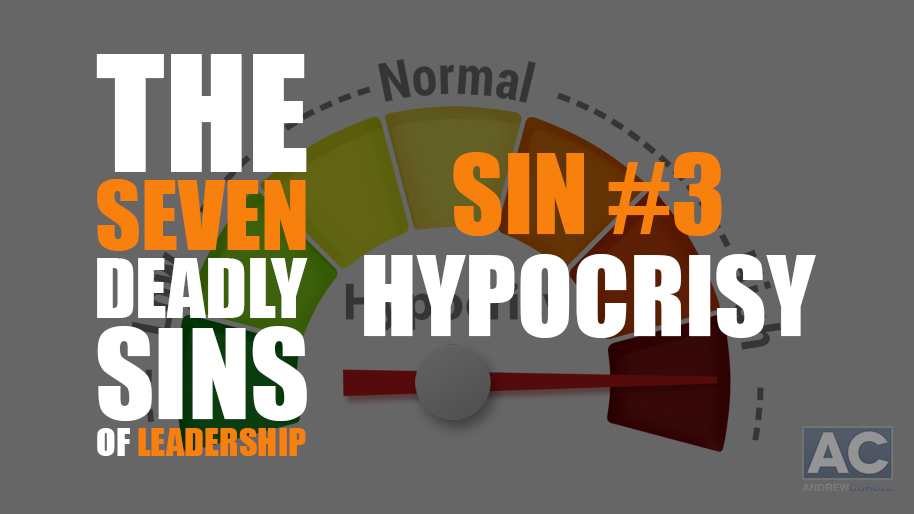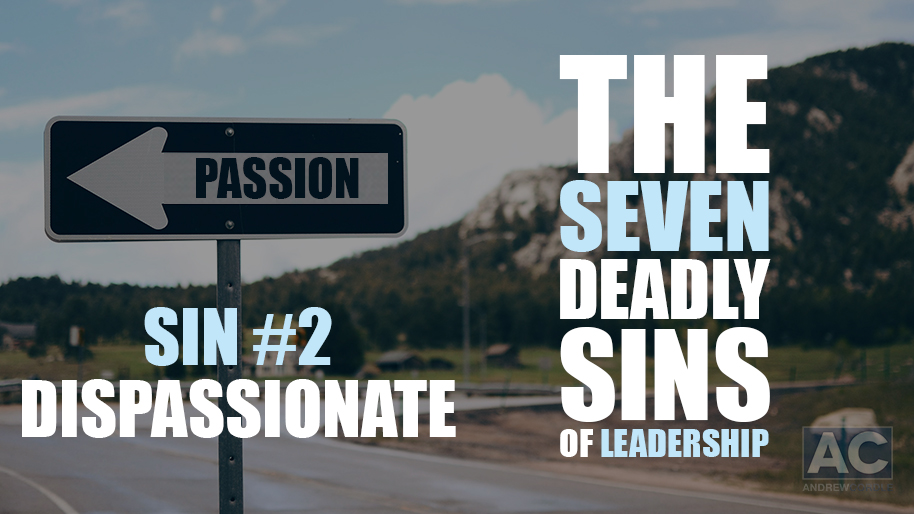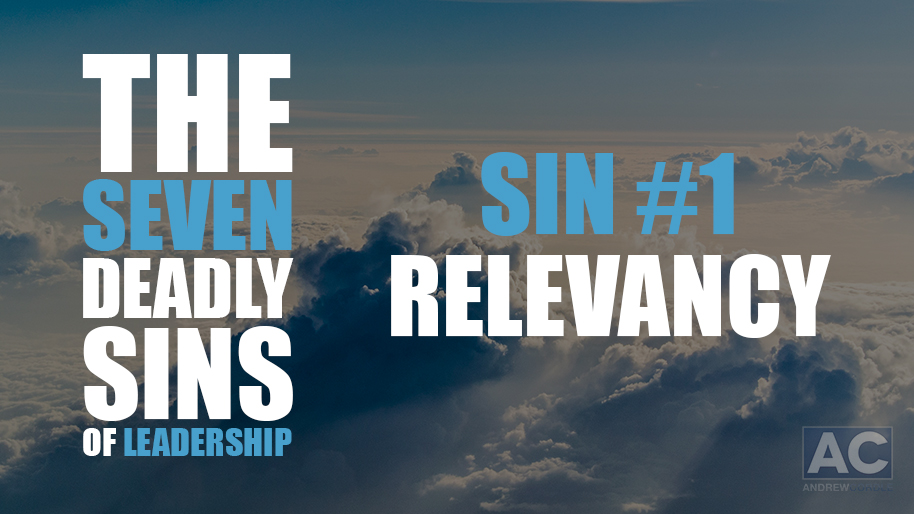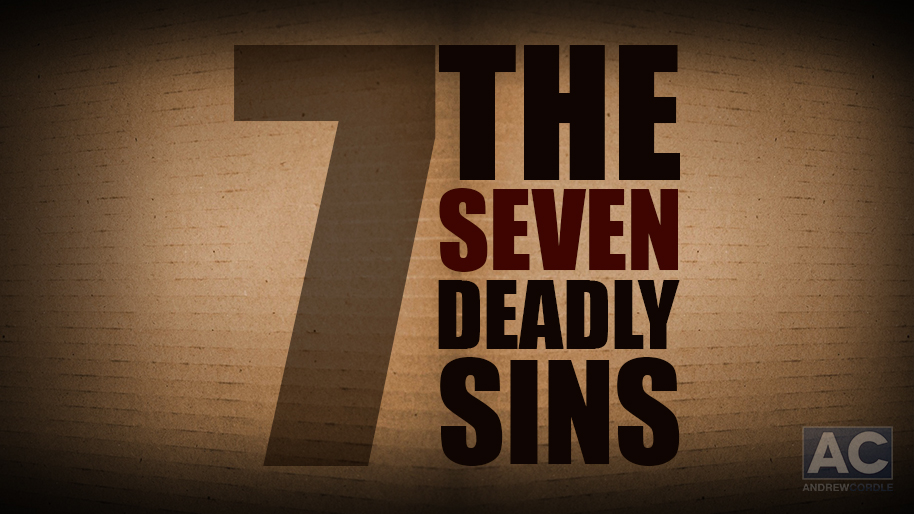The 7 Deadly Sins of Leadership: Sin #3 – Hypocrisy
December 16, 2014

The word “HYPOCRITE” means “one who acts in a manner that is not in person“. In plain language, a hypocrite is one who says one thing but does another. Hypocrisy has to do with repetitious behavior, the “act“. An actor plays the entire performance as another person, never in their “own skin“, so to speak. In leadership, repetitious behavior – the “ACT”, is what the followers, employees and stockholders notice.
There are three significant areas where we find these deadly sins of leadership:
THE OFFICE MORAL CULTURE:
Your private moral life should be YOUR business, not the company’s, but it’s not. What you do in secret, if discovered, will impact the business and the perception the public has of the company. Those are facts.
Recently I spoke with five unemployed CEO’s. Four of them lost their jobs because of a climate of sexual promiscuity at the executive level. When your romantic interests get the most bandwidth among employees and co-workers, someone is out of focus. Again, someone has lost sight of the big picture. You were either hired to steer the business or you started the company to perform a service or produce a product. Unless your business is a brothel in Las Vegas, you had better keep your moral compass strong. Keep your focus clear of physical temptations. Now, your love life is YOUR business. I’m just telling you that office affairs are dangerous, divorces are expensive and reputations can get stained.
FINANCIAL HYPOCRISY:
In the corporate world, financial integrity is even more respected than private life morality. I suppose that’s partly due to the over-importance we tend to place on wealth. But as a leader you want people to be able to say that they trust you with their spouse, their kids, and their wallet! Cooking the books, double standards, outright lies and deception – all testify to the greed that is in our hearts. The headlines abound with even highly-respected financial institutions world-wide who have been victimized by greed.
You must learn to view your business as an institution of trust. People know that underhanded things occur in nearly all businesses, even in trusted institutions as banks, churches, law-enforcement, and schools. But when hypocrisy is exposed, it is not so much the presence of wrong as it is the deception and cover-up that agitate the common man. Again, it’s understood that flawed humans run our businesses and institutions. It is also understood that hypocritically deceiving the public or attempting to deceive the employees is nothing but an exit strategy or a career killer.
LOYALTY TOWARDS EMPLOYEES:
The final hypocrisy is that of the boss playing “C.Y.A:” The disloyalty of a boss towards his employees in an attempt to blame or finger-point to draw attention away from his affairs, his financial failings, his inept leadership, or his plain old human mistakes. If you’re gonna be a boss, man-up to your responsibility. If you screw up morally or financially, don’t add to the wrong by hypocritically acting righteous and blaming the good guys for the fall-out from your deeds.
Most of us are mature enough to accept the genuine mistakes of others. General Motors admitted that they messed up with the faulty ignition switches. We accept their terrible error that even cost lives indirectly, but we can not stand for the deception of bosses who are not willing to take the blame. Covering one’s backside by using the innocent as sacrificial lambs is inexcusable. Any one of us could get caught up in a romantic attraction or be tempted to “fudge” the numbers when trying to re-finance the loan, but using staff and employees to cover ones’ mistakes is a “death” sentence to businesses.
I consult with many men/women who have made these BIG MISTAKES. I have seen the grief and have felt their pain but I also look at the whole person and their lifetime track record. And as a leader, that is how I would hope my followers, employees, and co-workers would look at me. We cannot guarantee to our followers that we will live flawlessly, but we can promise them that we won’t live hypocritically.












